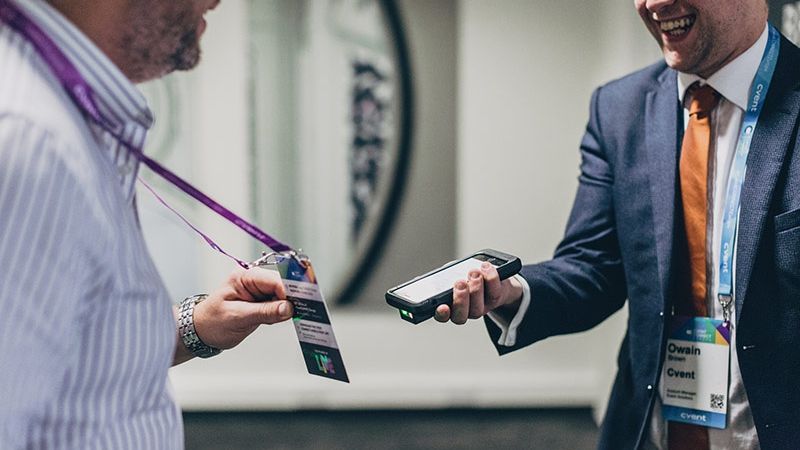
A badge is a way to identify the people attending your event. A good badge can show off your brand and help visitors feel more comfortable and welcome, while a bad one will make everyone feel uneasy or unwelcome. There are many different event badges out there, such as looking at the options in 4inlanyards. So it’s important to know what they look like—and which one is right for you.
Table of Contents
One-Day Badge
One-day badges are typically used in conjunction with a general admission ticket. This type of badge is not reusable, but the event organizer can use it for multiple purposes:
- Registration badge: A one-day badge may be used as an attendee’s registration number. For example, if your company has a seminar where attendees register and get their badges, you could use one-day badges as your registration system.
- Door pass: If you want to give out temporary door passes to guests at your conference or reception, you can also use one-day badges for this purpose. You can print them out on card stock or laminate them if they are exposed to moisture or sunlight — those conditions can affect how long they last!
Multi-Day Badge
Multi-day badges are used for events that last more than one day. They are usually used for conferences and trade shows but can also be used for other types of longer events. Because they are designed to be worn over some time, multi-day badges have a different purpose than single-day badges. They can be purchased in bulk and used as incentives or rewards for attendees who spend the most time at an event (e.g., conference delegates).
VIP Badge
VIP badges are used to identify VIPs who have a high status. They’re usually reserved for special guests and those who attend an event to promote a project or business. Some organizations use VIP badges as an incentive to encourage people to participate in their events.
VIP badges tend to be more colourful and ornate than regular event badges, but they can also be customized with the guest’s name and photo on each badge. These are printed on plastic cards that are made of durable material. In general, VIP badges will look different from other event badges since they’re designed specifically for VIPs rather than attendees at large events like conferences or conventions that anyone can go to without restrictions.
Custom-Printed Plastic Badges
Custom-printed plastic badges make it easy for attendees to identify as members of your organization or group. They can be customized with:

- Your organization’s logo, name, and colour scheme
- Your event’s theme (e.g., “Best Damn Barbecue Festival Ever”)
- A photo of the speaker at the event (e.g., if they are a famous chef)
Importance
Badges are a visual representation of your company or organization. They provide an easy way to identify people and can be used for security purposes, such as access control. Choosing the right type of badge is important because a good one will make a positive impression on your visitors and participants.
There are many different kinds of badges; each serves its purpose. The most common types include:
- Name badges: These are used for identification by name only, without any other information printed on them (such as job title or department).
- Job titles are typically used at conferences, where attendees must know their roles in their organization’s marketing strategies.
- Company logos: This type of badge includes the name of your business and its logo printed on one side; this allows visitors/participants who do not know you personally to recognize who you represent with just one quick glance at their chest area!
Conclusion
Badges are an important part of any event, and it is worth the time to do your research. They help you with security and logistics and give your attendees something to wear that makes them feel like a part of the community. We hope this article gave you some insight into the types of badges available today so that when choosing one for your next event, you can make an informed decision based on what suits both its purpose and audience.



![[pii_email_be673bcadf6508031be0] error?](https://pqrnews.com/wp-content/uploads/2021/01/pii_email_b4969755ef6881519767-696x392.png)